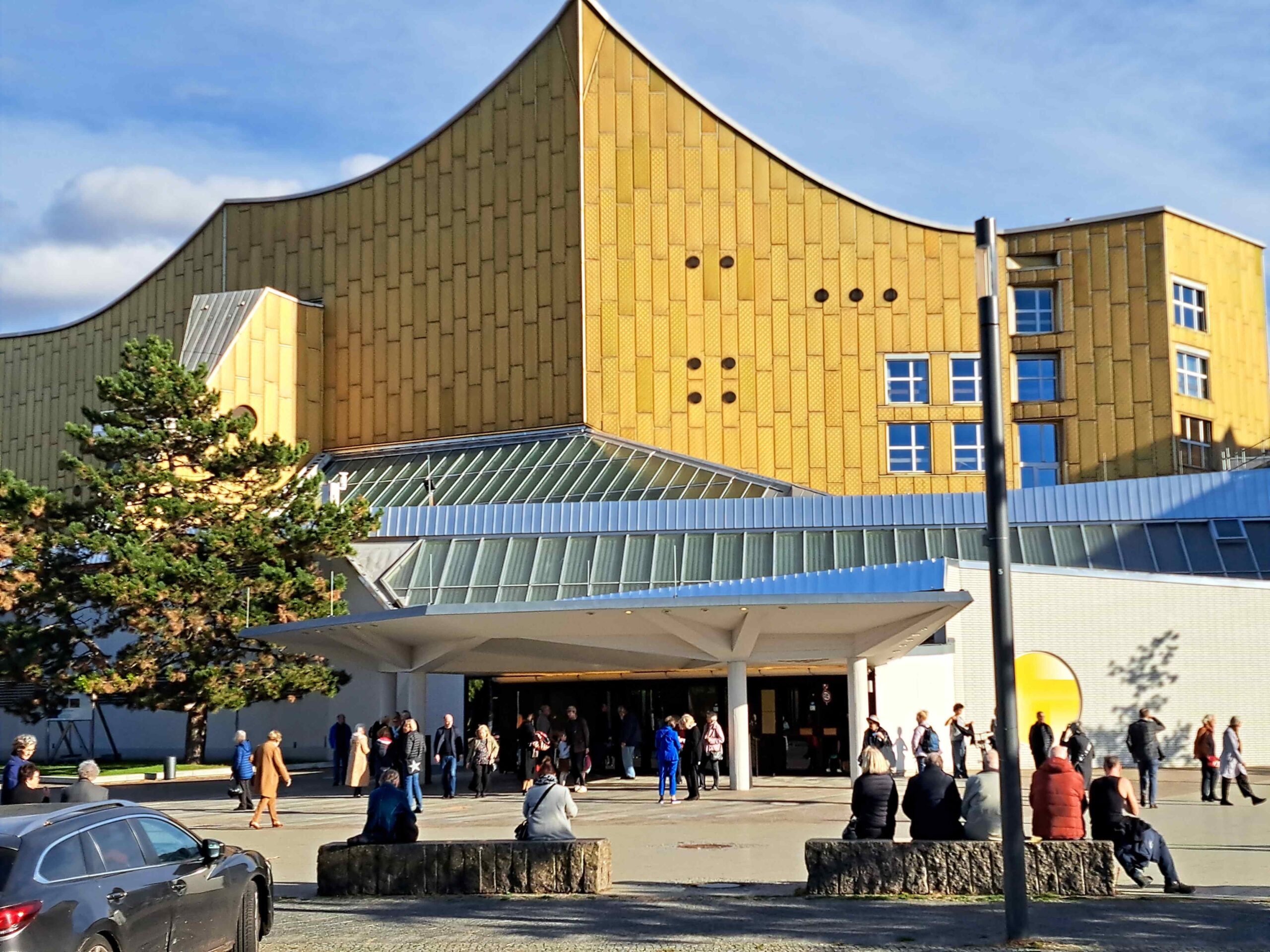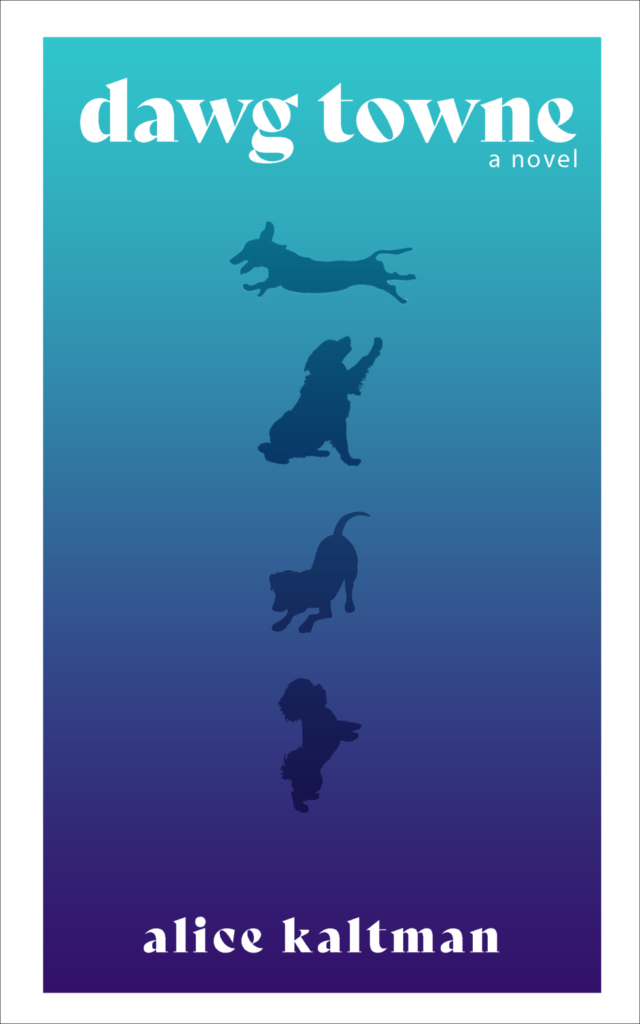I recently had the pleasure of spending a few weeks in Berlin, Germany. The purpose of the trip was two-fold: I’ve heard wonderful things about Berlin and simply wanted to visit and explore, but also, I’m in the very early stages of a new book that I thought would benefit from what I’ve been calling “atmospheric research.”
The term, which I made up, requires definition, but before I attempt to do that, I should back up. The new project arose out of a trip I made last year to Vienna. I visited wonderful museums there, listened to great classical music, and generally soaked up all that Vienna had to offer. Even though I’m not planning to set the new book in Austria or Germany, Germanic culture (art, music, language) is in my mind as I shape and write this new work, so I felt that another dose of it, in a different city, was in order.
I wasn’t scouting locations for scenes in the book, or identifying particular buildings or specific menus, but I was immersing myself in the atmosphere—history, attitudes, sounds, people, etc. Hence, “atmospheric research.”
Berlin is a fascinating city, with many more museums and historic sites than I could get to, despite all the walking I did and all the forms of public transportation I used (subways, trams, light rail, buses, regional trains, and even the airport express train). I visited a number of cold-war sites, Berlin wall remnants, and Holocaust memorials. I ate wonderful German food (some of which, like American food, isn’t really native but is borrowed from other cuisines), drank German wine, and sampled German craft beer.






Importantly, I also did a fair amount of reading before, during, and after the trip. I had asked on social media for recommendations of fiction set in Berlin, especially after the reunification of East and West Germany, and got some great ones. First up was Go, Went, Gone by the German writer Jenny Erpenbeck. I became an instant fan and also read her short novel Visitation while I was there. (I still have her memoir and most recent novel waiting to be read.) Then I read Lessons by Ian McEwan, which is a sprawling book about some very challenging topics, but one of its subjects is the oppression in East Germany before the collapse of the regime there. I also read Deborah Levy’s The Man Who Saw Everything, a truly compelling story that bends time and memory in a way that I liked very much. I believe I learned a lot about Germany from reading these books, even though they are novels and not history books. More atmosphere for me to absorb.
So, what’s the new project about? Sorry, it’s too early to say. I know from experience that the final product could be very different from what I envision at this stage. Stay tuned.
The Shenandoah Valley today is a hazy mess, with smoke from mountain wildfires making the air dangerous and unpleasantly pungent. I hope wherever you are you are keeping safe and healthy.
p.s. Yesterday, November 14, was the release date for the audiobook version of my novel Oliver’s Travels. The book is narrated by a fine voice actor named Rex Anderson and I’ve enjoyed listening to parts of the book. What a new experience it is for me to listen to someone else reading my words! If you are a “reader” of audiobooks, Oliver’s Travels is available from Audible. And if you prefer physical books, those can be purchased from online retailers or ordered from your local independent bookstore.


